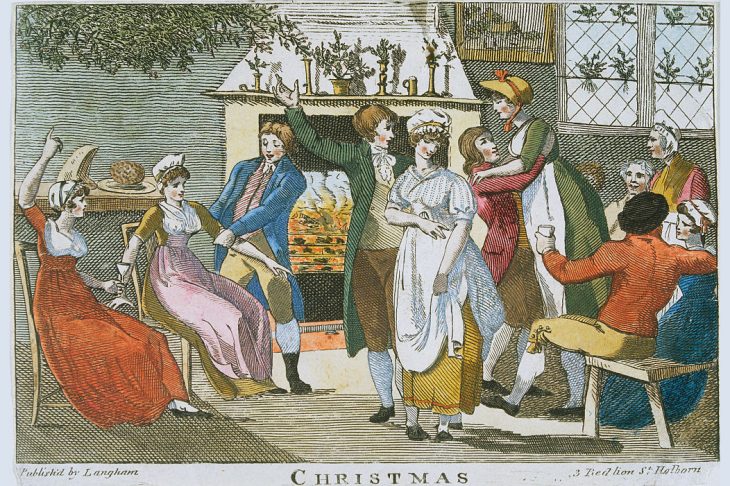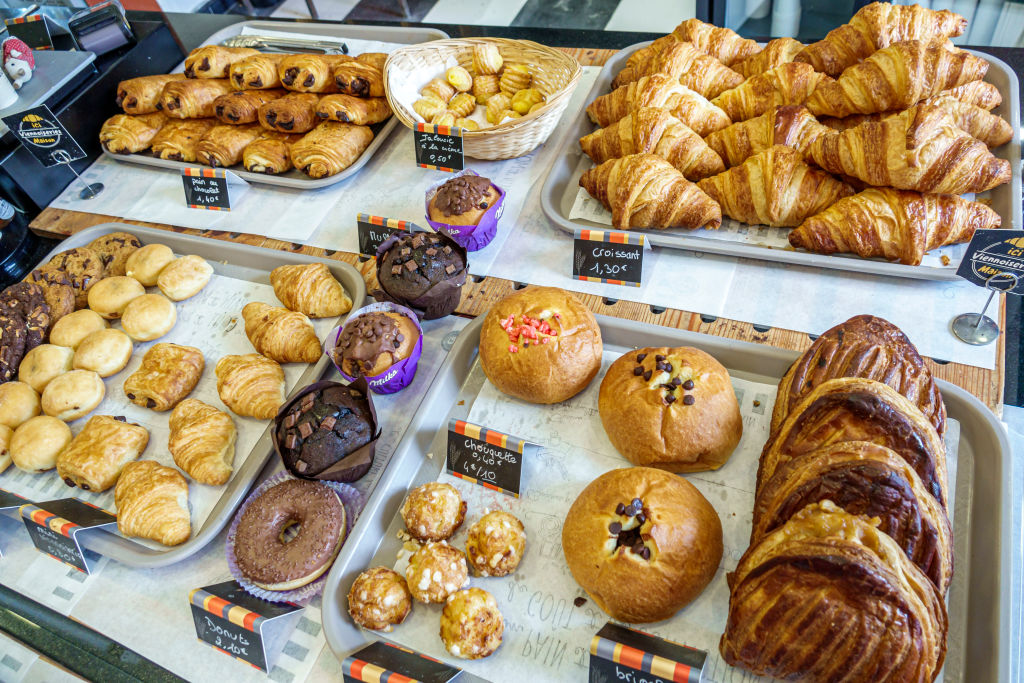Tie up your apron strings— it’s time to get to work, ladies. The coronavirus threat has forced all of us into our homes as the CDC and the White House encourage strict measures of social distancing. The disruption to American life and the economy is no joke, and it’s going to take some serious resilience and creativity to make it out the other side. The good news? Now is the perfect time to adopt the much-derided tradwife lifestyle, and it seems many women are already on board.
I left my self-imposed quarantine briefly on Tuesday to pick up a few essentials at the grocery store: eggs, milk, flour, butter, sugar, and yeast. My intention was to have a crack at making homemade bread for the the first time (I first taught myself to bake last year when I gave up alcohol for Lent and realized how much more time I had on the weekends when I was no longer going out for cocktails with friends). To my surprise, Harris Teeter was fresh out of yeast. In a less than ideal move for someone trying to limit exposure to other human beings, I made a quick run to Safeway and was able to snag one of the last jars of Fleischmann’s.
My first loaves of bread turned out fantastic, thank you very much, but I still found myself stunned at the limited amount of baking ingredients left on the store shelves as meat, fresh produce, and even snacks, sat in abundance. The fear of running out of food, added to the relative boredom of being stuck at home has apparently inspired people to make items from scratch, an anomaly in a world where Postmates delivery and eating out reigns supreme. Tons of women I know (and some men, too) were posting photos on social media of freshly baked goods, homemade stock, and decadent casseroles meant for freezing.

Baking from scratch and home cooking is just one element of the tradwife lifestyle that’s been embraced by women since facing the threat of pandemic. Other homemaking skills have proven essential to taking care of yourself and your family at a time when the home has become a sanctuary. Women who are staying at home have rediscovered the value of developing routines, tidying the house, and keeping restlessness at bay by adopting self-improvement based hobbies like knitting, sewing, drawing, or exercise.
Such tasks have been mocked as menial by women’s magazines, who have claimed for the past two decades that the real feminists are the high-powered career women who can hire outside help to run their lives at home. Home economics classes have slowly disappeared from schools. In just the past few months, the idea of the tradwife has been dismissed in New York Times op-eds as a side effect of ‘white supremacy’, or in the Guardian as having a ‘dark heart and history’. However, the reality is that there is implicit value in self-sufficiency, particularly in times of emergency when we cannot rely on strangers to complete basic tasks for us. In these trying times, keeping house is not just a matter of vanity but of survival.
I am unmarried, but understand the importance of learning these habits now in preparation for when I have a family. Social distancing has been the perfect opportunity to put my skills to the test, as I now have a duty to curb my most selfish or lazy impulses in order to make sure I am limiting my exposure to vulnerable individuals.
Women have proven the merits of embracing traditional gender roles during times of crisis throughout history. During both World Wars, for example, women assisted with a dwindling canned food supply by planting ‘Victory Gardens’. They grew approximately 9-10 million tons of vegetables during World War Two, accounting for 40 percent of the vegetables eaten in the US by 1943. Women notably joined the workforce in large numbers and the military, too, but certainly their efforts at home contributed significantly to morale.
In addition to homemaking efforts, Americans are also opening their eyes to the benefits of traditional social interactions outside of text messages and social media. Numerous parents have told me that, while their kids may be driving them slightly crazy, they feel incredibly grateful to be able to spend more time with their family. Homeschooling has also afforded them the opportunity to teach their children lessons they otherwise wouldn’t receive from the public school system. Millennials in particular love to romanticize introversive behavior like canceling plans to stay in and binge Netflix, but now crave face-to-face interaction to stay sane. Viral photographs on social media show individuals tackling this issue in creative ways — a group of neighborhood dads, for example, gathered for beers in someone’s driveway while standing the CDC-recommended six feet apart.
Coronavirus is a serious threat to our collective health and economy, but one silver lining is that it has allowed American society to get back to basics. Hopefully, even as life as we know it gets back to ‘normal’ in the coming months, we are able to hold on to some of the traditional values we’ve implemented into our routines — they’ve proven themselves to be indispensable.

























